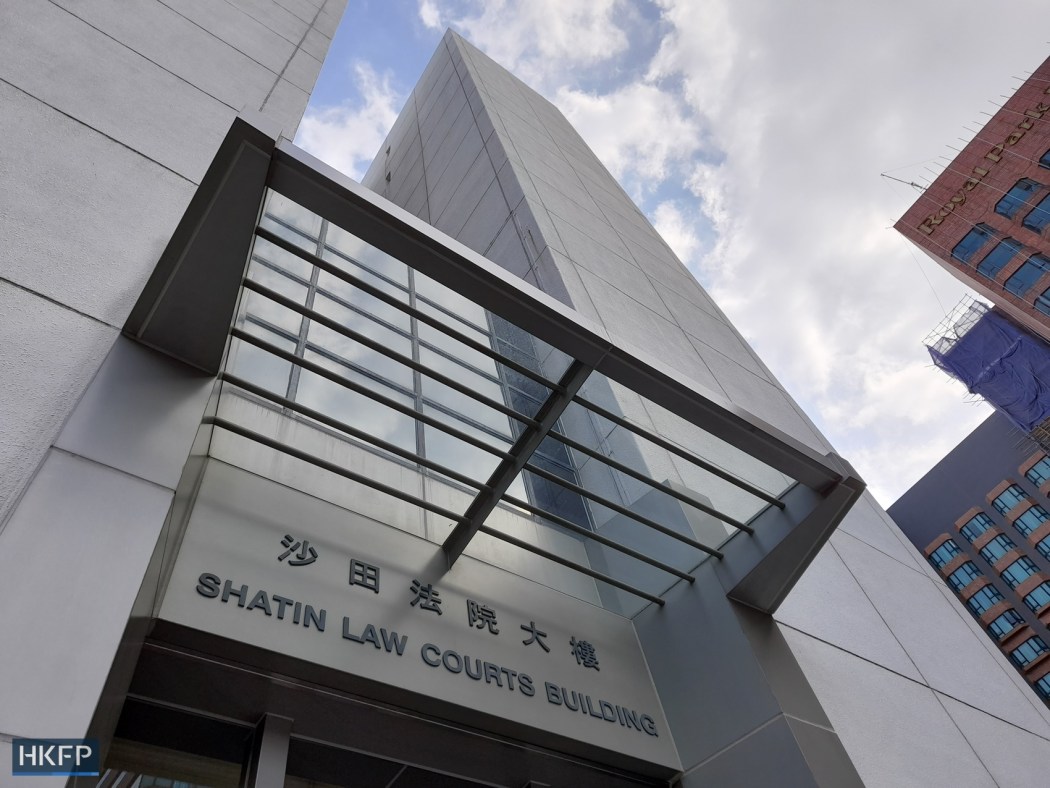A 36-year-old Hong Kong woman has been handed a two-month suspended sentence over doxxing an alleged scammer. According to local media, the woman paid more than HK$45,000 to a supplier for face masks that she never received.

It was the city’s third doxxing conviction, and second sentencing, since the anti-doxxing law was passed in 2021.
Sham Chun-kiu, who pleaded guilty to 14 charges of disclosing personal data without consent, was accused of sharing the names of the mask supplier and her husband, as well as their wedding photos, to 14 Facebook groups, each with around 2,000 to 100,000 members, in December 2021.
Sham was sentenced to two months in prison suspended for two years at Shatin Magistrates’ Courts on Wednesday.
When handing down the sentence, the magistrate said he felt sympathy for the defendant as she was doxxing the alleged seller out of anger. However, taking revenge in that way was both unwise and wrong, he said, adding that Sham had to be held liable.
The magistrate told the court he believed it was an isolated incident, and therefore suspended Sham’s sentence.

According to the case summary reported by local media, Sham had ordered HK$45,670 worth of masks from the seller. However, despite being unable to deliver the masks, the supplier had only refunded HK$9,200 to the defendant.
Sham told the police she was trying to warn others against being scammed when she was arrested last July.
Anti-doxxing law
The Personal Data (Privacy) Ordinance amendment bill was approved in the Legislative Council on 29 September, 2021, with total backing from pro-establishment legislators. Disclosing personal data without consent, with an intent to cause psychological harm, is now punishable by up five years in jail and a HK$1 million fine.
The amendment sought to streamline the handling of doxxing cases by the city’s privacy watchdog, by empowering the Privacy Commissioner for Personal Data to launch criminal investigations without referring the case to the police.

Under the amended bill, the authority may access an electronic device without a warrant under “urgent circumstances,” though entering and searching premises still requires a warrant.
The legislation was proposed following a surge in doxxing cases during the months-long anti-extradition bill unrest in 2019. The privacy watchdog said over 5,700 complaints were recorded between June 2019 and May 2021 involving police officers and their family members, as well as supporters of the government and the force.
Protests erupted in June 2019 over a since-axed extradition bill. They escalated into sometimes violent displays of dissent against police behaviour, amid calls for democracy and anger over Beijing’s encroachment. Demonstrators demanded an independent probe into police conduct, amnesty for those arrested and a halt to the characterisation of protests as “riots.”
Support HKFP | Policies & Ethics | Error/typo? | Contact Us | Newsletter | Transparency & Annual Report | Apps
Help safeguard press freedom & keep HKFP free for all readers by supporting our team

LATEST FROM HKFP
HKFP has an impartial stance, transparent funding, and balanced coverage guided by an Ethics Code and Corrections Policy.
Support press freedom & help us surpass 1,000 monthly Patrons: 100% independent, governed by an ethics code & not-for-profit.










